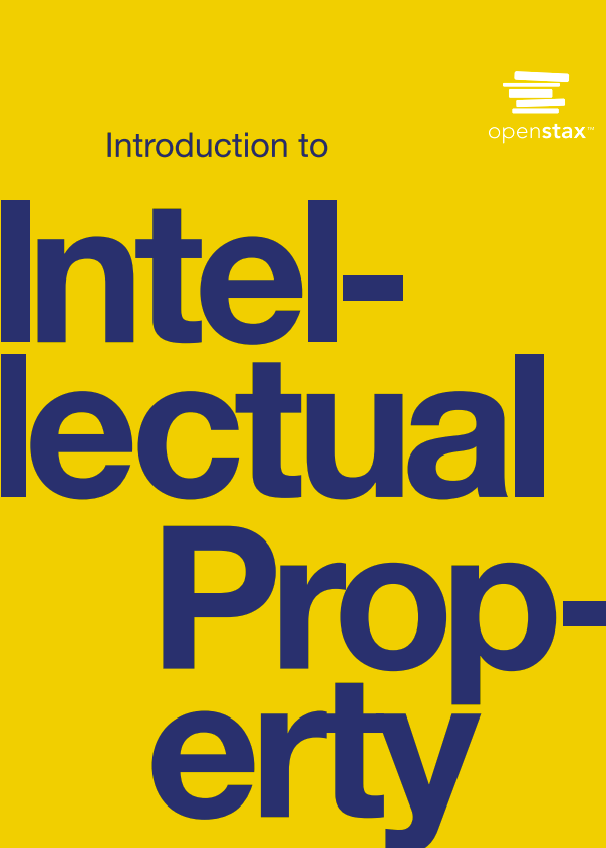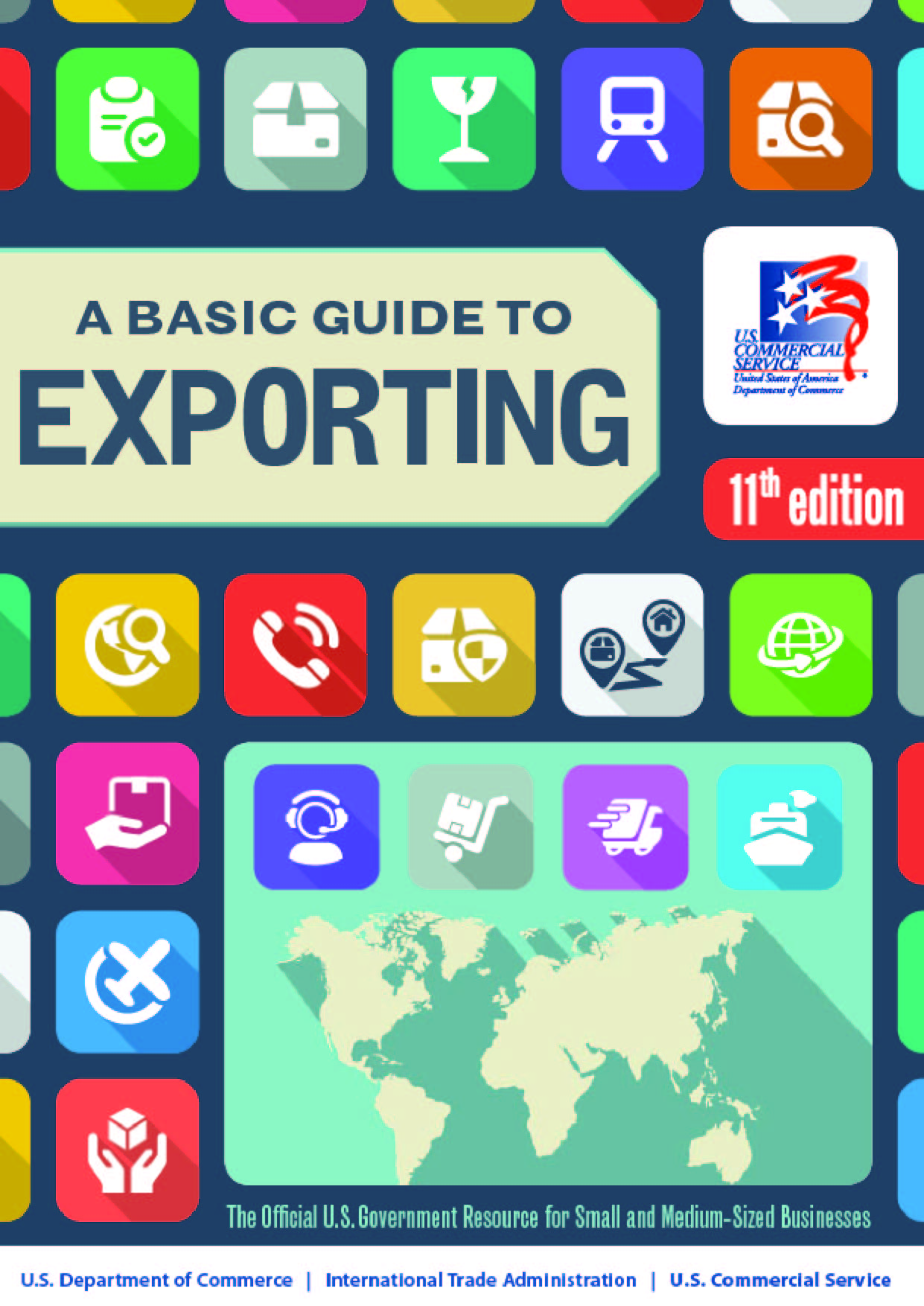Learning Objectives
After completing this section, you will be able to
• Describe the philosophical logic behind granting patents.
• Describe the role of patents in fostering invention.
Do Patents Really Promote Innovation?
What Is a Patent?
A patent is a type of intellectual property that gives its owner the legal right to exclude others from making, using, or selling an invention for a limited period of time in exchange for publishing an enabling disclosure of the invention. In most countries, patent rights fall under private law and the patent holder must sue someone infringing the patent in order to enforce their rights. In some industries patents are an essential form of competitive advantage; in others they are irrelevant.
A patent is an intellectual property right granted by the government of a nation to an inventor that gives them the exclusive right to the invention for up to 20 years, in exchange for disclosing the details of the new technology to society for its ultimate benefit. In the United States, a patent is a legal instrument in the form of a document issued by the United States Patent and Trademark Office (USPTO). It gives the inventor of any new, useful, and non-obvious machine, process, manufacture, or composition of matter the right “to exclude others from making, using, offering for sale, or selling the invention throughout the United States or importing the invention into the United States” for a limited time in exchange for public disclosure of the invention.i A U.S. patent is only recognized domestically, and cannot be enforced in another country.
History of Patents in the United States
The legal foundation for U.S. intellectual property rights was laid by the Founders in 1787, in the very first Article of the U.S. Constitution, which outlined the precepts of our democratic society. In Article 1, Section 8, Clause 8 of the Constitution, Congress was given the authority to “promote the progress of Science and useful Arts, by securing for limited times to authors and inventors the exclusive right to their respective writings and discoveries”.
America was the first country in the world to enshrine intellectual property rights in its national constitution. And the Founders did this quite deliberately, says B. Zorina Khan, an economic historian at Bowdoin College whose book, The Democratization of Invention: Patents and Copyrights in American Economic Development, was awarded the Alice Hanson Jones Prize for an outstanding work in economic history.iii “To the men who gathered in Philadelphia to ‘promote the general welfare,’” Khan wrote, “it was self-evident that ideas, industrial and cultural inventions, and democratic values were integrally related. American democratic institutions would ensure that rewards accrued to the deserving based on [merit] rather than on the arbitrary basis of class, patronage, or privilege.”
Indeed, the Founders viewed intellectual property rights as vital to the new nation’s economic survival. As George Washington himself stated in his first annual address to Congress in 1790, “The advancement of agriculture, commerce, and manufactures by all proper means will not, I trust, need recommendation. But I cannot forbear intimating to you the expediency of giving effectual encouragement to the introduction of new and useful inventions.”
The question is, with all the challenges they faced, why did the Founders think it so crucial to create a strong intellectual property system? Their reasons were both universal—i.e., applying to all societies—and also very particular to America’s revolutionary experience.











